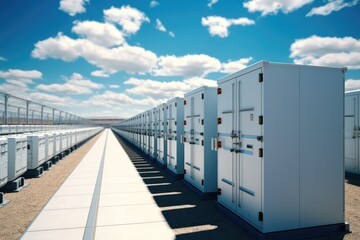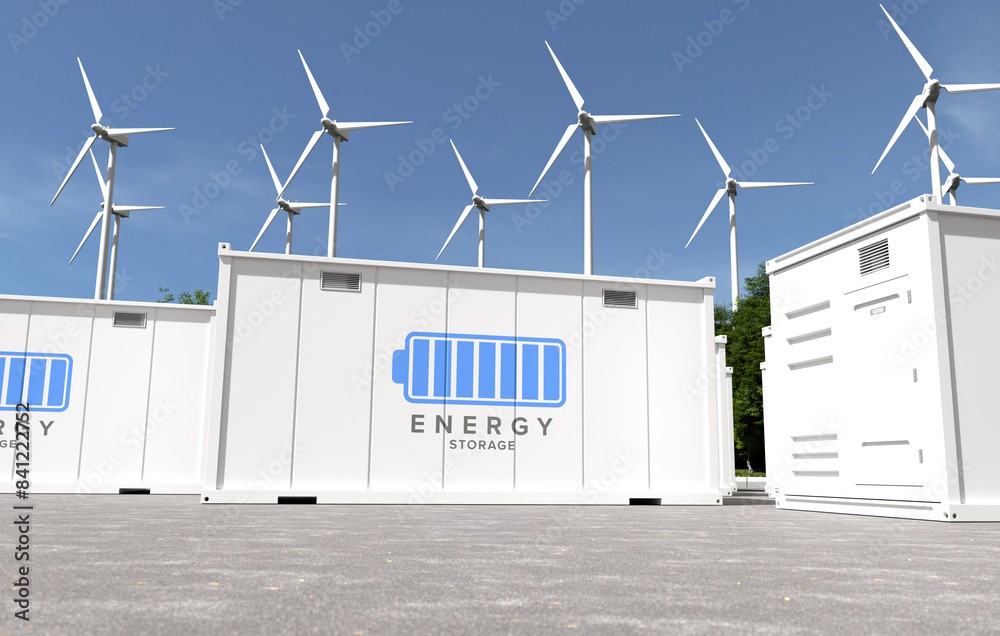Information
• 01/31/2025BRAZIL PLANS CAPACITY RESERVE AUCTION
Brazil is preparing to hold its first capacity reserve auction in 2025, focusing exclusively on Battery Energy Storage Systems (BESS), marking a significant step in the country's energy transition. This auction, which was in public consultation until the end of October 2024

Fábio Plut Fernandes is Bachelor in Chemistry from the Federal University of São Carlos, and Master and Ph.D. in Physical Chemistry from UFSCar. Got a postdoctorate in the Electrochemistry and Polymers Group at UFSCar. Actuates in team coordination in research and development projects. Currently coordinates projects at TECCER New Materials for Energy Storage / Nano E-Science and is an associated researcher at the Institute of Applied Technology and Innovation - ITAI.

Brazil is preparing to hold its first capacity reserve auction in 2025, focusing exclusively on Battery Energy Storage Systems (BESS), marking a significant step in the country's energy transition. This auction, which was in public consultation until the end of October 2024, aims to ensure the security of electricity supply, especially given the increasing share of intermittent renewable sources like solar and wind in the national energy matrix.
Battery systems are expected to play a strategic role due to their rapid and flexible response capability, allowing energy to be stored during low-demand periods and made available during peak times when renewable generation may be insufficient. This flexibility is crucial for managing variations in generation from these sources and ensuring grid stability, particularly in face of climate challenges affecting energy production in Brazil.
Projects participating in the auction must have a minimum capacity of 30 MW and operate with a zero Variable Unit Cost (VUC), meaning there will be no additional operational costs for these units. Additionally, the projects must be connected to the transmission grid with adequate capacity to transmit stored energy. Operations must ensure maximum power availability for at least 4 hours daily, as requested by the National Electric System Operator (ONS, for its intials in Portuguese), with the possibility of being supplied for longer periods if necessary, with proportional power adjustments.
Contracts to be negotiated will last for 10 years, starting from July 1, 2029. Compensation will consist of a fixed annual revenue divided into 12 monthly installments, with the potential for adjustments of up to 30% based on operational performance. The goal is to ensure that batteries are always available to support the system in times of high need.

Furthermore, these storage technologies are expected to help alleviate pressure on hydroelectric reservoir levels, which have traditionally played a central role in Brazil's energy matrix. By smoothing out the variability of renewable sources like solar and wind, batteries offer a viable solution to ensure continuous electricity supply, especially during critical consumption periods.
The Ministry of Mines and Energy (MME) has high expectations for this auction, believing it will open new opportunities in the storage market, driving not only the adoption of this technology in the country but also the development of a local production chain. This includes everything from battery manufacturing to engineering and electronics services, promoting modernization and competitiveness in the Brazilian energy sector.





